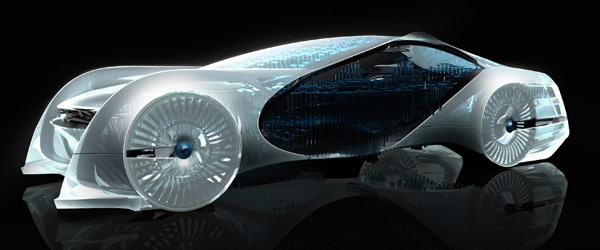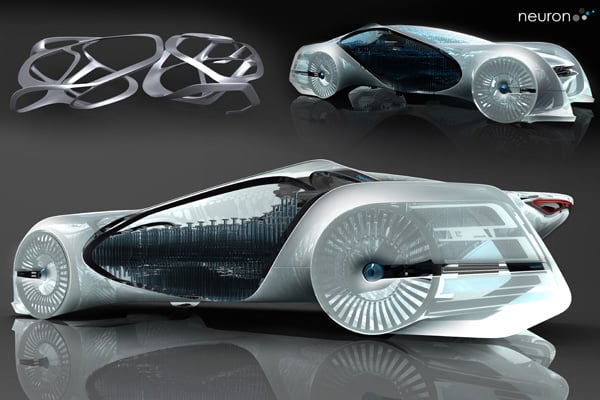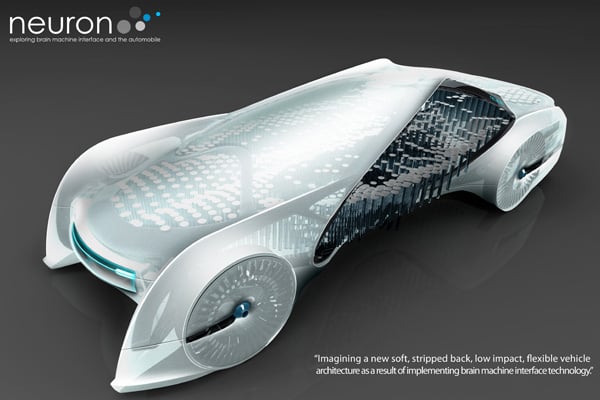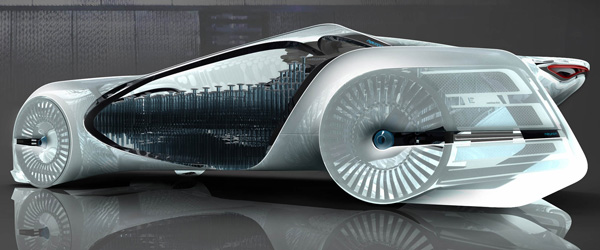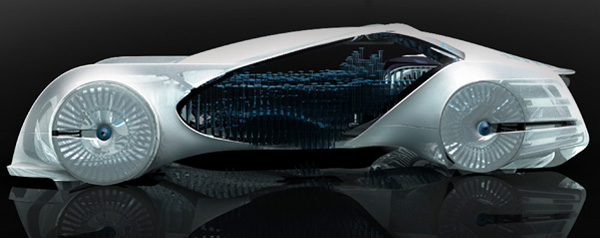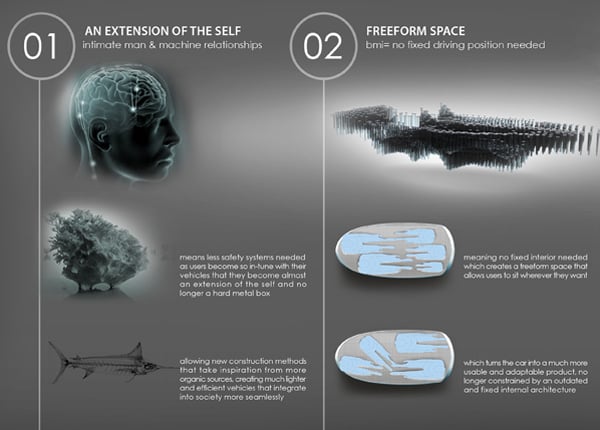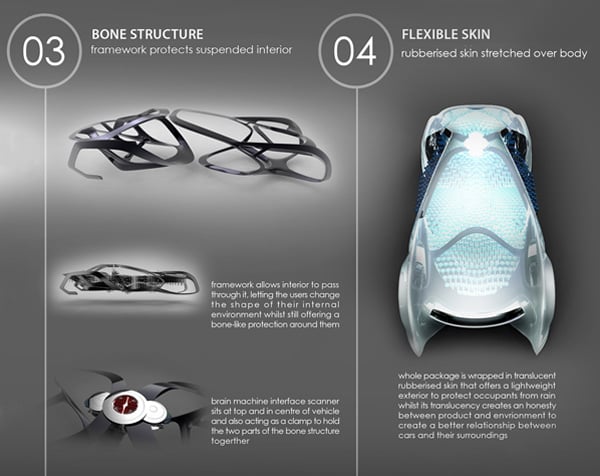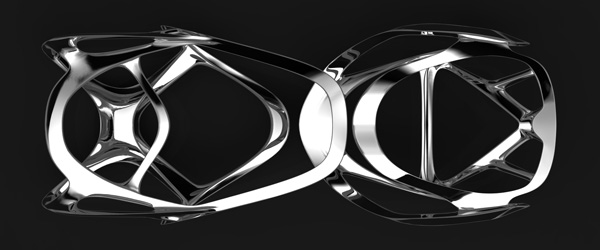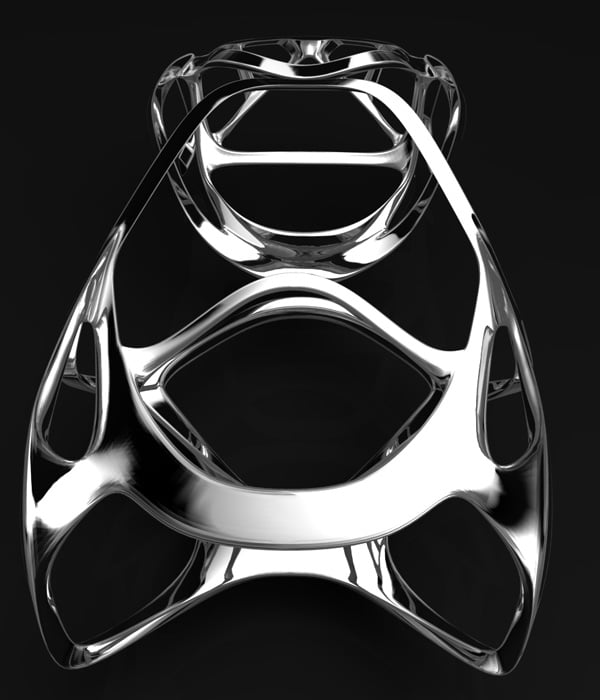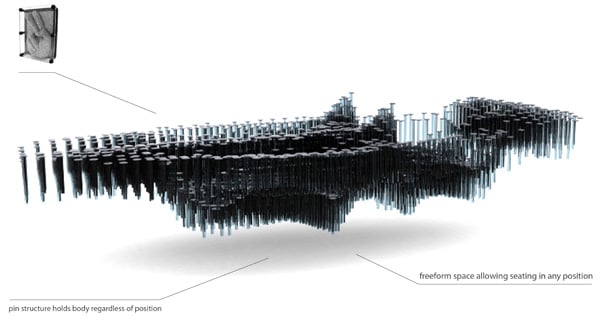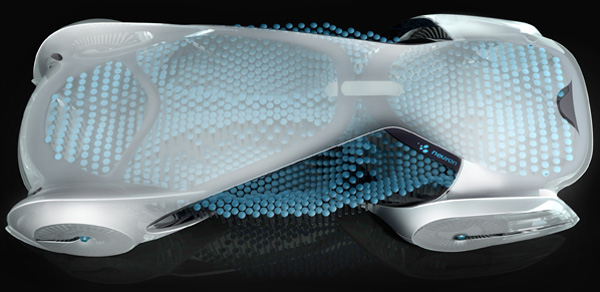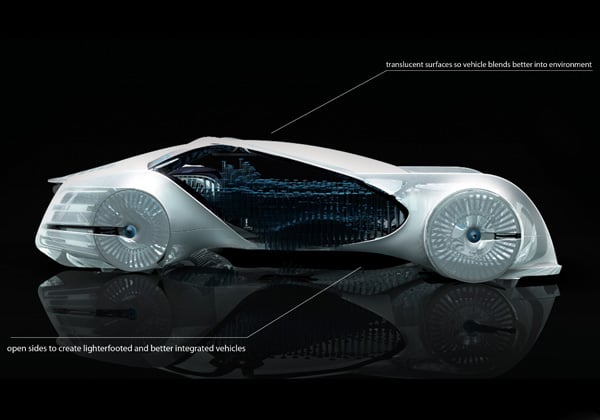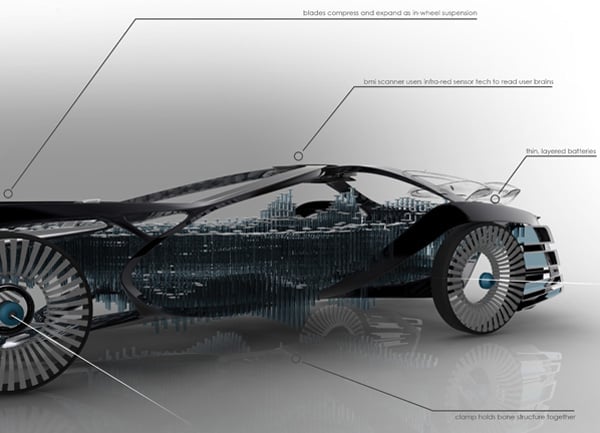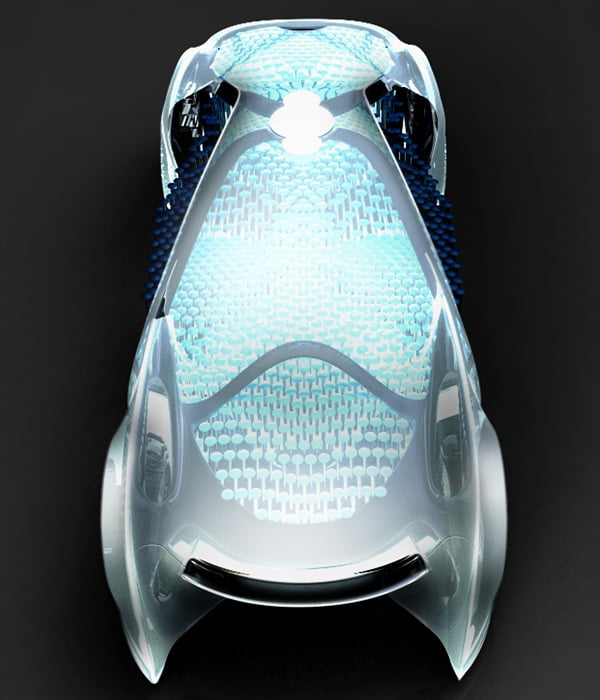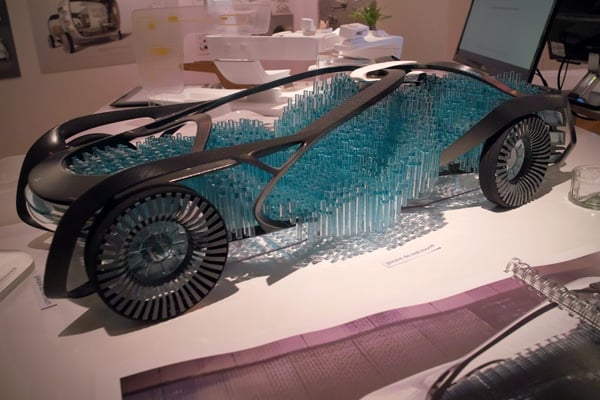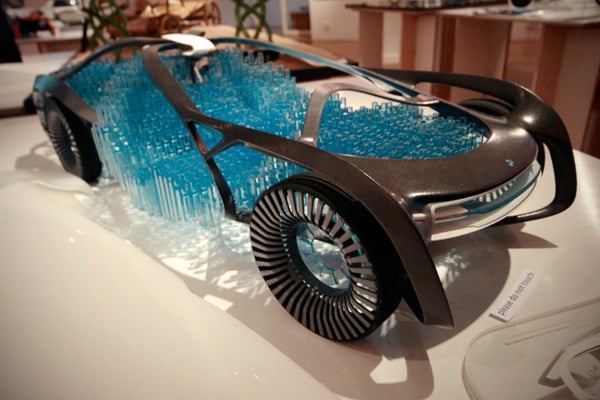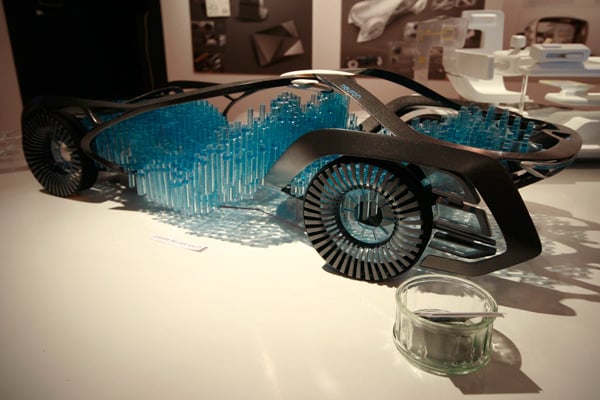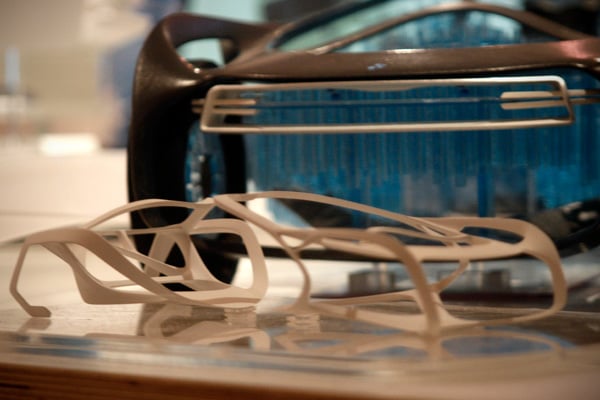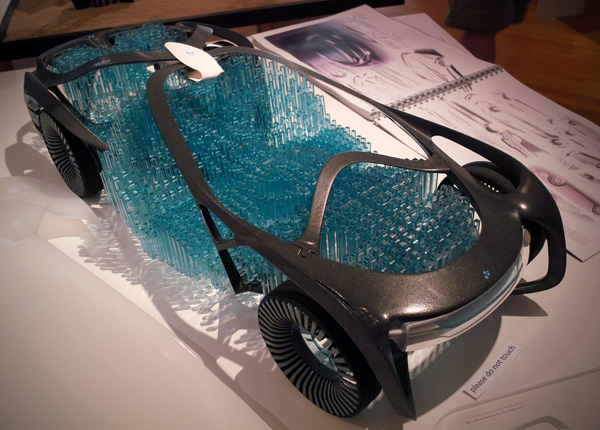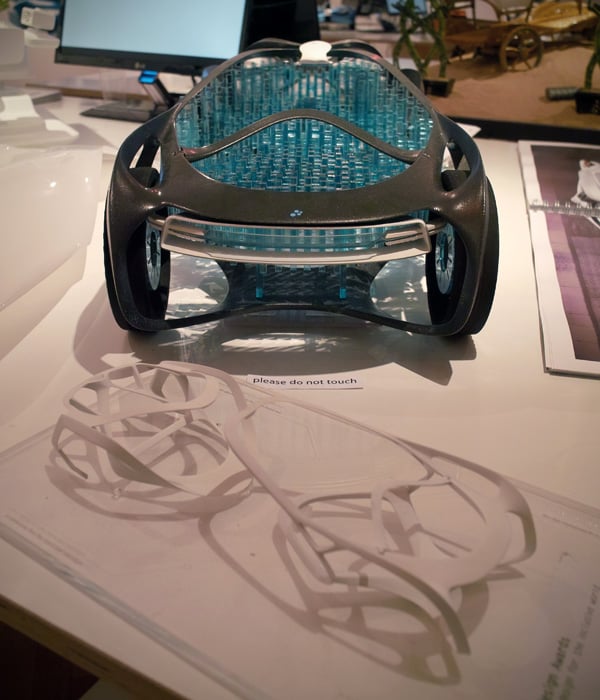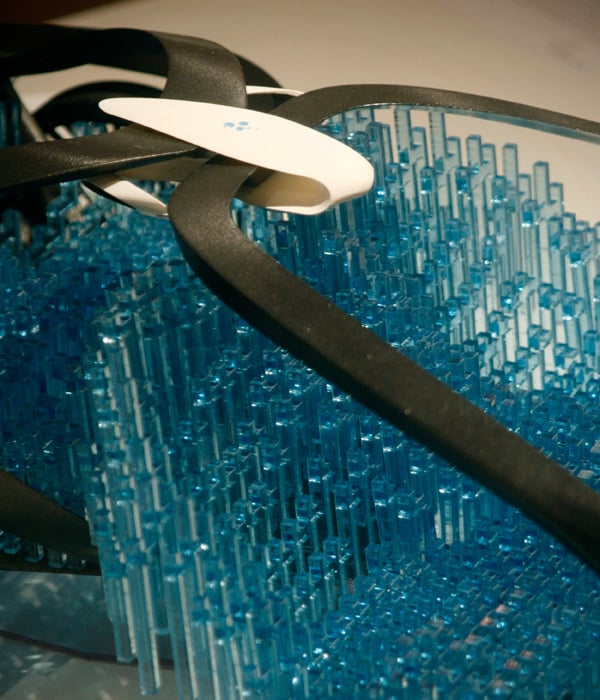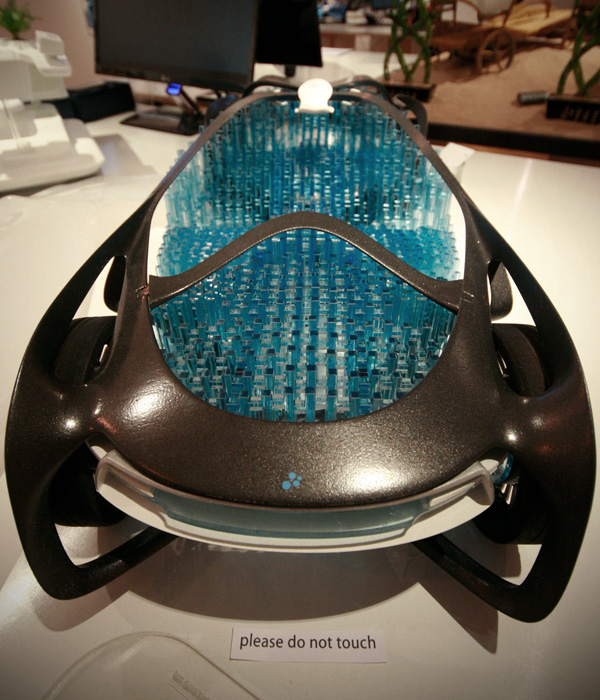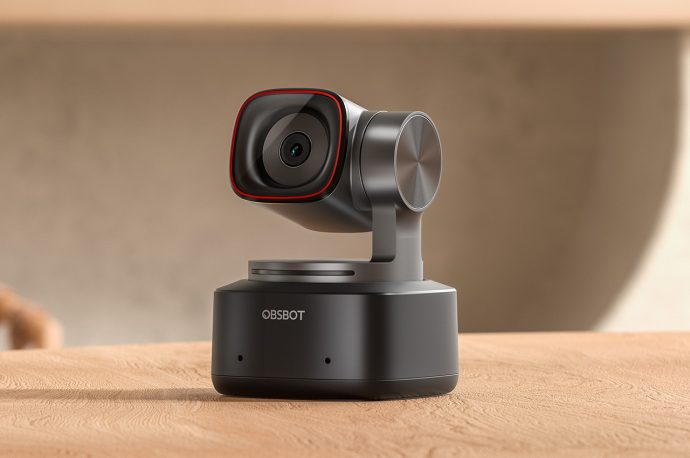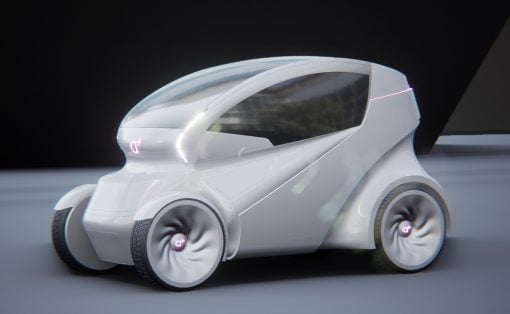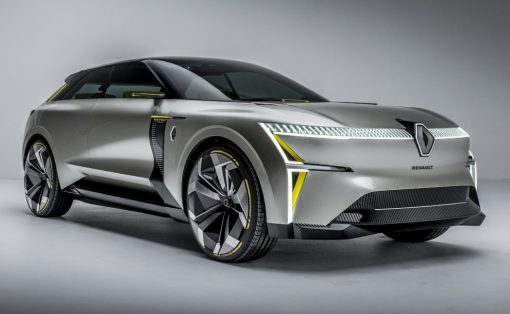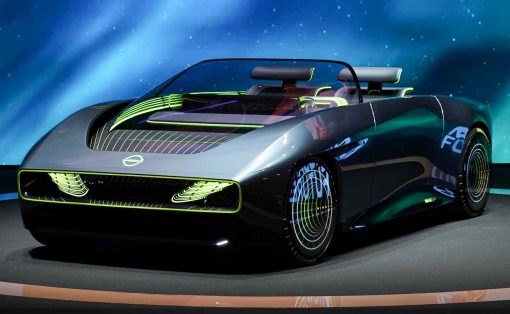I’d love to travel back in time, point and laugh at all the futurists who thought we would be in flying cars by now. Of course they couldn’t have possibly foreseen a future where the challenges of navigable controls, integrated computers and an energy crisis dominate the landscape. The NEURON is an IMAGINATIVE look at how BMI (brain interface technology) could bring “man and machine” even closer. It doesn’t rely on physical dexterity. Just think it and it’s done. Now channeling Spock… “fascinating.”
Thanks to our sophisticated brains which contain both serial and parallel processors, we have the perfect machine to drive all our doo-dads. Research converting brainwaves into digital commands are still in its infancy but shows tremendous promise. For the most part this has been relegated the medical industry. What about the rest of us?
Think about a car that knows you, I mean REALLY KNOWS YOU. Hell, even your spouse can’t read your brain waves. TANGENT – if someone could invent sunglasses or something for men to be able to read women’s brainwaves, get the Sham-Wow guy to promote it. I heard he needs a job.
Back to the subject at hand. The car knows how you drive, your idiosyncrasies, your id if you will. This level of interaction could enable the driver to feel in control while significantly reducing human error. It also enables the machine to learn and predict what you’ll do even before you think it.
But how will this impact automotive design? On a basic level, it means interior spaces are no longer governed by a fixed internal architecture. If there is no steering wheel or dashboard full of controls, why does there need to be a fixed driving position’? Could users become so in tune with their products and able to control them with such precision that crashes become a thing of the past? Subsequently, if they no longer require as many safety systems, does the car have to be made of metal? Could we create a more efficient paradigm, a product that has less impact on its surrounding environment and that allows the car to be constructed in a simpler manner.
Designer: Ian Kettle
